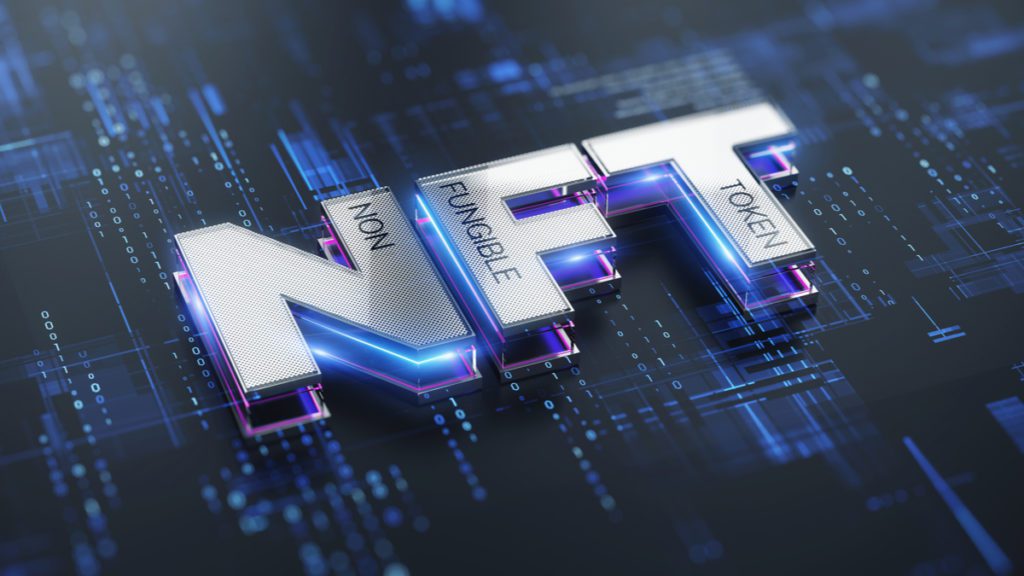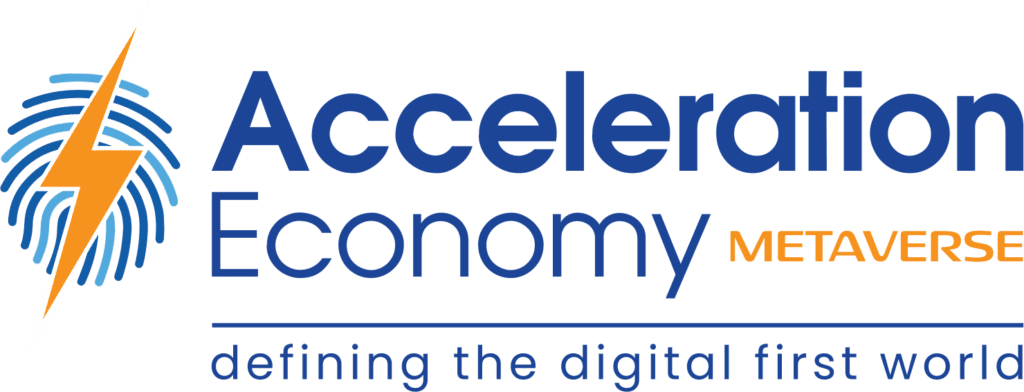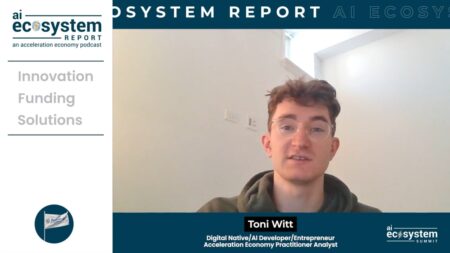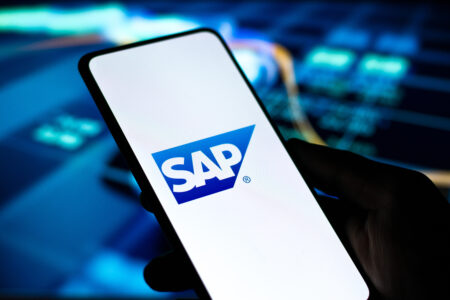NFTs are widely considered to provide immutable proof of ownership of digital assets. Since 2020, they gained popularity for 2D artworks such as CryptoPunks and the Bored Ape Yacht Club. However, NFTs are capable of supporting a much wider variety of assets, from music clips to written articles to virtual real estate. The prevalent idea is that the purchase of an NFT will indisputably and indefinitely prove ownership of the asset it represents, which no intermediaries or overseers can take away from you.
But in reality, this isn’t the case. João Marinotti, a law professor at Indiana University specializing in property law, tech policy, and legal ownership, points out in an article for The Conversation that NFTs do not actually provide the level of ownership that proponents claim.
“I believe that what many companies are calling “ownership” in the Metaverse is not the same as ownership in the physical world, and consumers are at risk of being swindled,” Marinotti writes.
The reason for this is that an NFT is just an ID belonging to a certain account on a blockchain, typically Ethereum. This ID is then coupled with a digital asset by the platform on which that asset is located. The NFT is not the asset itself, no matter if it’s a JPEG, a video, or a plot of virtual land. The assets themselves exist only on the private, centralized servers of platforms such as OpenSea or The Sandbox.
“Interoperability and portability are defining features of the Metaverse, meaning you should be able to carry your non-real-estate virtual property — your avatar, your digital art, your magic wand — from one virtual world to another. But today’s virtual worlds are not connected to one another, and there is nothing in an NFT itself that labels it as, say, a magic wand. As it stands, each platform needs to link NFTs to their own proprietary digital assets,” Marinotti says.
This makes them subject to the terms of service and licensing agreements of the organization behind that platform. When users join a platform like OpenSea or The Sandbox, they must agree to these terms, yet a very small percentage actually read them.
“Unlike the blockchain itself, the terms of service for each Metaverse platform are centralized and are under the complete control of a single company,” Marinotti continues. “This is extremely problematic for legal ownership.” Those terms often reserve the right to reclaim their assets if you violate them, and even the right to change without notice to the user. So much for immutable ownership.
The coupling of the NFT ID to the asset itself is also done on a proprietary basis. While the organization of the platform has no control over the NFT ID itself, it can reassign which asset it stands for, decouple all assets from the ID altogether, or simply ban you from the platform. Users are then left with just an ID and nothing to do with it, the terms of service blocking any possibility of legal reprisal.
NFTs alone cannot solve the problem of ownership. “Ultimately, legal reform alongside technological innovation is needed before the metaverse can mature into what it promises to become,” Marinotti argues. One regulation that could be put into place, for example, is a law requiring NFT IDs to be permanently linked to digital assets in proprietary servers, where changing the pairing of ID to asset is not allowed.
It might even be possible to store asset information on-chain, like HTML and CSS code instructions needed to render the actual asset. If a law is put into place requiring NFT code to be executed, the asset can’t be removed from the platform without the permission of the owner of that code.
Another interesting question is, can you run a Metaverse entirely with a decentralized autonomous organization (DAO), perhaps even with a distributed computing system supporting the back end? Or perhaps a central server but operated by people employed by a DAO?
Although seemingly naive, these are questions we must ask ourselves if we want the Metaverse to be truly open. Otherwise, we will forever be stuck with a gap between blockchain and the Metaverse, creating only more walled-garden worlds that lie at the mercy of a select few.
Want to compete in the Metaverse? Subscribe to the My Metaverse Minute Channel:








